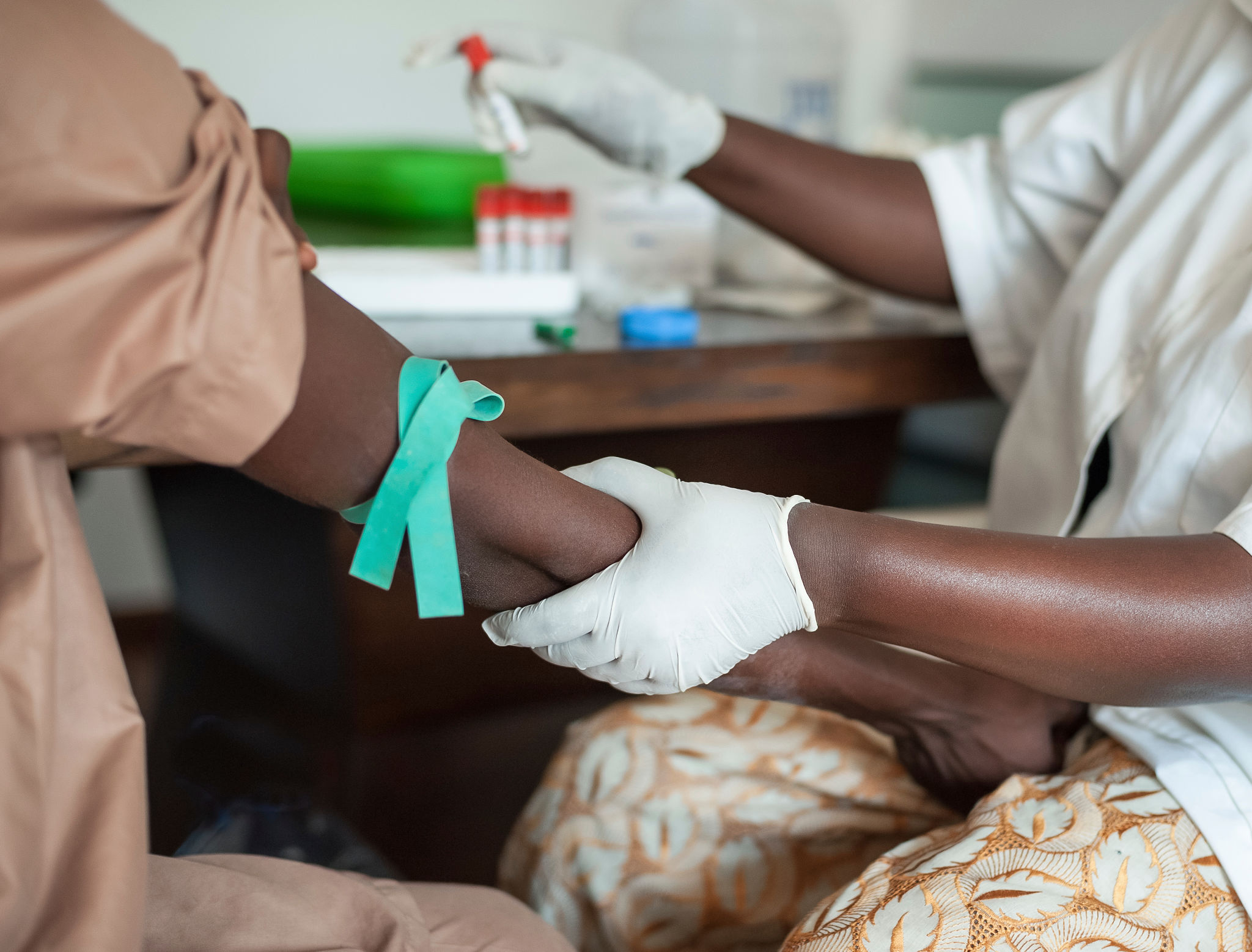Breaking Down Common Myths About Public Health in Africa
PH
Understanding Public Health in Africa
Public health in Africa is often misunderstood, with numerous myths clouding the realities of the continent's healthcare landscape. Dispelling these misconceptions is essential for a more accurate understanding of the challenges and advancements in African public health. By breaking down these myths, we can appreciate the progress made and the work that still needs to be done.

Myth 1: Africa Lacks Health Infrastructure
One common myth is that Africa lacks health infrastructure. While it is true that some areas face significant challenges, many countries have made substantial investments in healthcare systems. Cities like Nairobi and Cape Town are home to state-of-the-art medical facilities and research centers.
Governments and organizations are working tirelessly to improve healthcare access across the continent. Initiatives such as mobile clinics and telemedicine are helping bridge the gap in rural areas, providing essential services to communities that were previously underserved.
Myth 2: Infectious Diseases Are the Only Concern
The perception that infectious diseases are the sole public health concern in Africa is outdated. While diseases like malaria and HIV/AIDS remain significant, non-communicable diseases (NCDs) are rising, mirroring global trends. Conditions such as diabetes, hypertension, and cancer are increasingly prevalent, requiring attention and resources.
African nations are responding by implementing policies and programs aimed at reducing NCDs through lifestyle changes, education, and early detection efforts. These initiatives highlight the continent's proactive approach to tackling diverse health challenges.

Myth 3: Public Health Education Is Ineffective
Another myth is that public health education efforts in Africa are ineffective. Contrary to this belief, many countries have launched successful campaigns to educate the public about health issues. Programs focusing on sanitation, vaccination, and maternal health have significantly improved outcomes.
Collaborations between governments, NGOs, and international bodies play a crucial role in disseminating information effectively. By leveraging technology and community engagement, these campaigns have achieved remarkable success in promoting healthy practices.
Myth 4: Africa Relies Solely on International Aid
While international aid plays a significant role in supporting African healthcare systems, it is incorrect to assume that the continent is entirely dependent on external assistance. Many African nations are prioritizing healthcare in their national budgets, allocating resources to build sustainable systems.
Local entrepreneurs and innovators are also making strides by developing solutions tailored to their communities' needs. These efforts demonstrate a commitment to achieving long-term health improvements independent of foreign aid.

The Road Ahead for African Public Health
African countries continue to face challenges in public health, but the narrative is far from bleak. By addressing these myths and recognizing the progress being made, we can foster a more nuanced understanding of public health in Africa. Collective efforts from governments, communities, and international partners are paving the way for a healthier future on the continent.
Through sustained investment, innovation, and collaboration, Africa is poised to overcome its public health challenges and set an example for other regions. The commitment to improving health outcomes is evident, underscoring the resilience and potential of African nations in shaping their healthcare destinies.